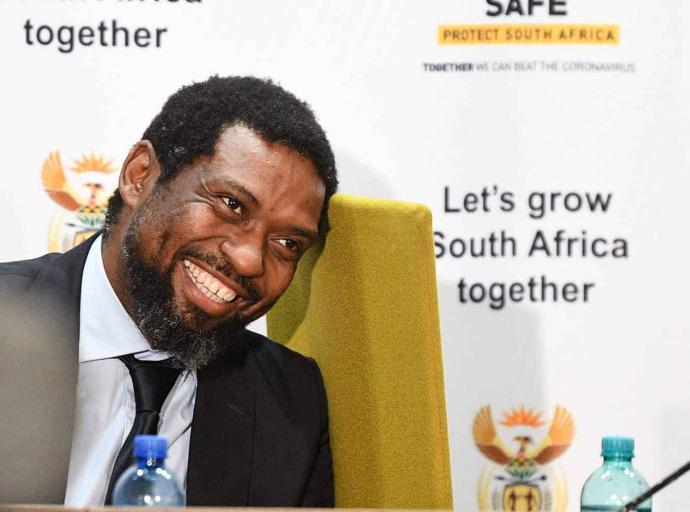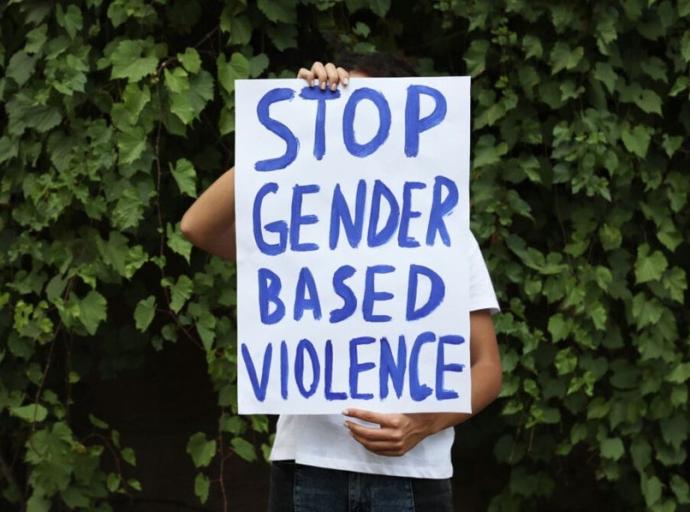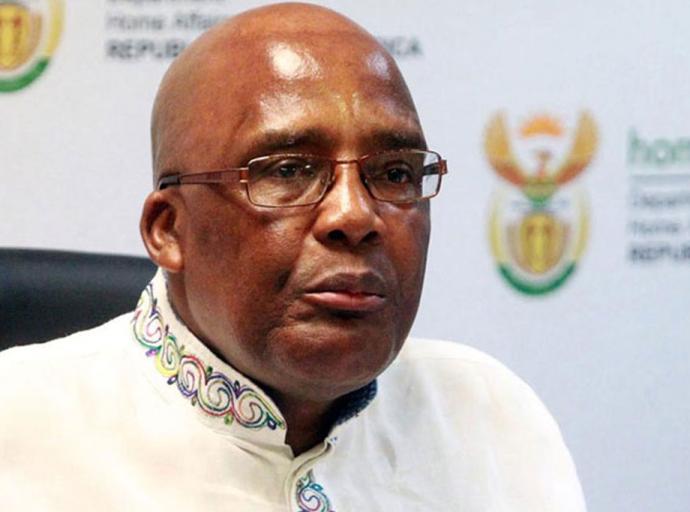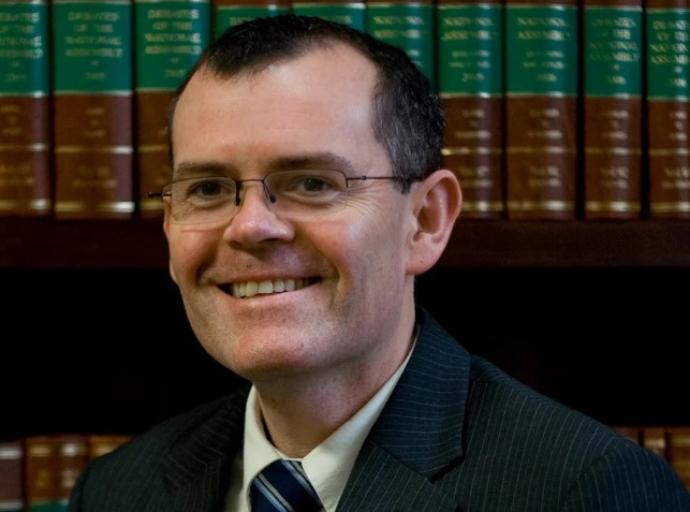Higher Education Minister Buti Manamela has sought the services of the Public Service Commission (PSC) to vet the three administrators of the Sector and Education Training Authorities (SETAS) he appointed this week.
This comes amid pressure on Manamela to not only explain the appointment of administrators, but to reconsider and withdraw them.
According to Manamela, he has requested that the PSC conduct fit-and-proper assessments and conflict of interest vetting on Lehlogonolo Masoga, the former deputy speaker of the Limpopo Legislature, who was appointed administrator of Services SETA, Oupa Nkoane CETA, and Zukile Mvalo Local Government SETA.
“The PSC will provide its report and recommendations to the minister, who will act on them without fear or favour,” he said.
Manamela defended the appointments amid public outrage, asserting that due process was followed.
He said the process entailed “due diligence” that “carefully considered” the allegations and past controversies raised in public, and allowed each candidate to respond to the matters before the appointments were made.
“The appointments were confirmed only after the department was satisfied that the appointees could carry out the mandate of stabilising the SETAs,” Manamela said.
DA MP Karabo Khakhau said her party welcomed the investigation into the three ‘administrators’.
“Where there is smoke, there is fire,” Khakhau said.
She added that Manamela was making a huge admission of scandal by bringing in the Public Service Commission.
“No matter what the Public Service Commission finds, this is a stain on Manamela, and he could and should do the right thing and withdraw these cadre deployments instead,” Khakhau said.
EFF MP Sihle Lonzi said they were not moved by Manamela’s referral of the administrators’ appointment to the PSC.
“He is the one who took the decision. If anything, he is undermining the intelligence of the people of South Africa and of the many young people in South Africa, whom the SETAs are supposed to serve.
“If the minister wants to do what is right, he must withdraw the unlawful decision that he has taken to put three SETAs under administration without following due process,” Lonzi said.
Both Lonzi and Khakhau have raised concerns with the administrator’s appointments and the placement of the SETAs under administration.
Khakhau wrote to Manamela, urging him to reconsider the appointments.
She said Nkoane was implicated in a forensic report that details the mismanagement of R872 million in Emfuleni Municipality, Masoga was also implicated in a forensic report for backdating a communications contract worth R4.4 million as the CEO of the Musina-Makhado Special Economic Zone, and Mvalo failed at stabilising SETAs for the past eight years.
Khakhau said the appointment of administrators should be of people who are free from any and all allegations and implications of corruption.
“I, therefore, request that you withdraw the appointment of these administrators in the spirit of fostering public trust and clean and accountable governance,” she wrote in her letter.
In a letter to Khakhau on Friday, Manamela said they were aware of the matters she raised and engaged each candidate directly.
“They provided responses which, at the time, we considered satisfactory in the context of their appointments to stabilise SETAs facing systemic governance failures.”
Manamela also informed Khakhau of his decision to ask the PSC to vet the administrators.
“The PSC has been asked to provide me with a report at the earliest possible time, and I will act on its recommendations without hesitation,” he said.
Meanwhile, Khakhau wrote to House Chairperson Cedric Frolick, asking him to intervene and guide on the matter as Higher Education Portfolio Committee Chairperson Tebogo Letsie was “not acting with urgency in holding Minister Buti Manamela to account”.
Letsie told her in a letter that he had written to Manamela requesting detailed reasons for placing the three SETAS under administration.
“It will be premature to schedule the requested briefing before the minister has responded to the committee. The third term is also comprised of three weeks, and one week is already taken by the committee strategic planning workshop, and the remaining two weeks have agenda items,” he said.
Khakhau said Letsie’s request for reasons from Manamela did not nullify her request for a meeting with the minister.
Khakhau told Frolick that the committee agenda always served with flexibility, given committee members’ requests, and that committees always requested additional dates for meetings.
“Furthermore, Rule 138(2) provides that a committee may at any time summon any person to appear before it to give evidence on oath or affirmation, or to produce documents. This means the committee is not bound to wait for the minister’s correspondence before exercising its right to convene a briefing or hearing on this matter,” she wrote.
*This article was first published by IOL News







